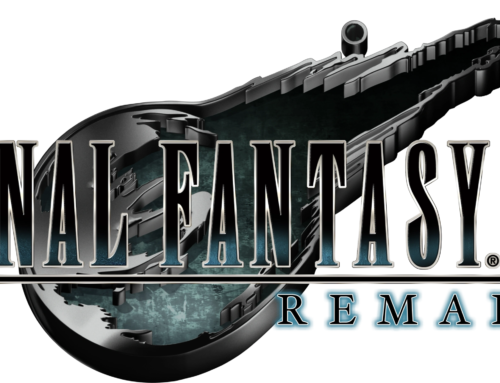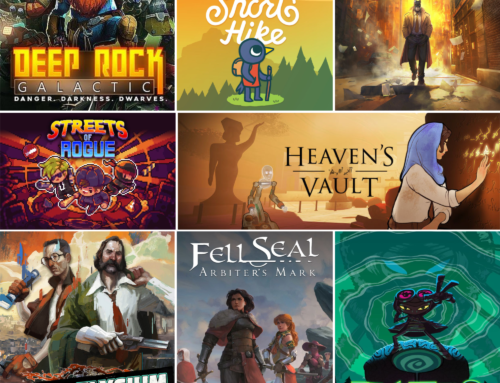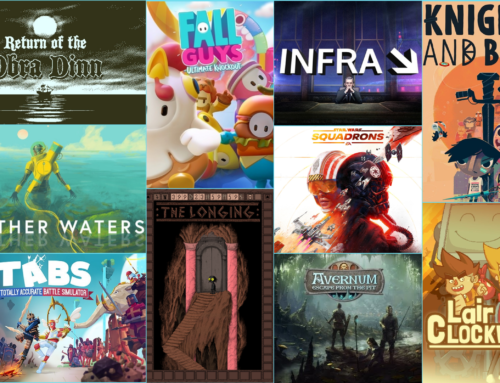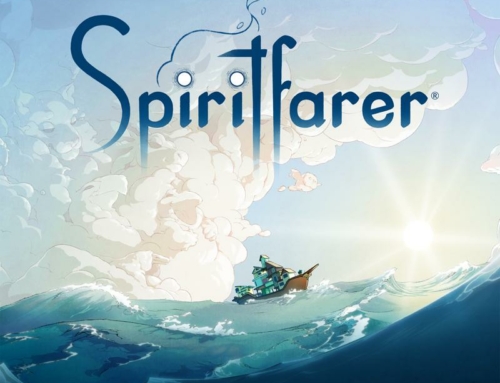Author’s Note: I originally wrote this for a job application, and think enough time has passed that I can post it here. This is very much an academic analysis; a more personal entry on my love affair with space sims is forthcoming.
Gaming pundits declare genres “dead” with alarming frequency. They are, inevitably, wrong. The adventure, the western RPG, 4X strategy; these have all been declared relics of the past by various industry watchers the moment their sales started to slump. Such doomsaying is short-sighted, and emerges from a view of game development as a linear progression, rather than a rambling path that frequently branches into dead ends and loops back on itself. Dead genres tend to come back in one form or another. Sometimes, as with the RPG, this is a full-blown resurgence; but more often a genre’s resurrection is tied to the independent games movement, with everything from PC platformers to text adventures seeing regular releases.
As far as I can tell, there is a single exception to this rule of genre longevity, and that is the space flight simulator (or “space sim.”)
The space sim died with the old millennium; the genre that burst into prominence with 1990’s Wing Commander saw its last major release in 2000’s Starlancer. When other genres started re-emerging, the space sim stayed quiet. In the decade since their decline, the genre has seen only a few entries, and most (Freelancer, the X series) have been in the “space trading” sub-genre. With only a single notable commercial release (Darkstar One) in the intervening years, the space combat sim truly does seem like a thing of the past.
Why? There doesn’t seem to be a single obvious answer, but a few factors are clear contributors. None of these would have killed it in and of itself, but combined they paint a grim picture of the genre’s future.
1. The Joystick. No other game genre is as reliant on an external peripheral as flight sims. As game budgets rose, developers were understandably reluctant to limit their audience to the joystick-opening population. This kicked off a vicious cycle in which fewer gamers bought joysticks because fewer games took advantage of them.
2. No Outside Audience. The traditional flight sim managed to stay alive despite its reliance on joysticks, largely because it had a dedicated audience of hobbyists and flight enthusiasts who only played flight sims. The tides of the general gaming market ebbed and flowed, but this core user base remained constant. The space combat sim had no equivalent outside audience.
3. PC Centric. More and more, developers have sought ways of porting their PC games to consoles. Yet simulations of all kinds have traditionally struggled on consoles; the limited number of buttons on the gampad makes a realistic emulation of an aircraft’s (or spacecraft’s!) controls impossible. Even the likes of Mechwarrior was essentially untranslatable; the effort to move the series to consoles resulted in MechAssault, a decent arcade game that was about as far from simulating giant robots as Final Fantasy is from actual swordplay. The result is that the market doesn’t really exist, with the Colony Wars series being the only notable space sims on consoles, and those hardly set the charts afire.
4. No Clear Direction Forward. When Freespace 2 was released in 1999, it was widely declared to be the pinnacle of the genre, and it was an astounding feat. Yet it also seemed to be the peak; there was no clear way to improve on the formula, no new juxtapositions of dog fighting and escort missions that would push the formula’s boundaries. In this sense it’s not surprising that the space-trading sim (of which the popular EVE Online is at least a relative) continued to survive; there was simply more room for expansion and experimentation in that open-galaxy modeling.
These four factors are serious setbacks, but don’t make the space sim’s decline any more comforting. I’ve recently been playing the original Independence War, and was reminded that the game really has no equivalent; no other game genre (and certainly no other medium) can offer the peculiar, alien experience of claustrophobia and infinite space that the space sim can. And while it’s certainly dormant for now, history has shown that it’s folly to declare anything in gaming truly dead. The question, then, is what will resuscitate the glories of the capitol ship battle. Any ideas?




I’ve got a pleasure by reading this brief esse and founding there ideas, which I got during the last decade. But!
Here are just few examples of 2011:
http://naumachia.aureasection.com/
http://star-conflict.com/en/
http://www.skyjackergame.com/
So believe me, there is no problem related to game developers or players – first guys are trying to do their job as best as they can; second ones would be happy to play new games.
But there is a serious problem with publishers.
Let me share some phrases from top 20 publishers’ answers, which we got proposing them to publish our space sim game (Skyjacker):
1) “unfortunately we’ve reviewed a few space-sim games over the past year or so and the genre just doesn’t have a strong position in the market at the moment, nor is there a good IP available”
2) “Unfortunately in North America in particular, especially with the market as it is right now, it’s just not a viable genre for us”
3) “Unfortunately this would not be of interest to XX, but good luck on moving it forward.”
4) “Unfortunately, the title couldn’t pass our screening test.” (guys even didn’t play the demo, just watched a captured movie of the gameplay process)
5) “Our main interest is in innovative gamplay feature and/or technology rather than in game genre. This said, there are indeed some genres and themes that we do not particularly like (sci-fi, adventure, space sim)”
In result, since 1999 most of space sim games have been published by 3rd level publishers (such as JoWood, Strategy First, Dream Catcher etc.), which have not enough of power on the market to widely expand with their games. In result we get a stupid loop: big publishers don’t see any success story related to the space sim game, and won;t risk by publishing space sim by themselves.
It’s definitely a circular problem – publishers won’t take them to market, so they can’t succeed in the market, which they use as an excuse not to take them to market. It’s great that you’re trying to keep the genre alive – I’ll definitely give Skyjacker a look!
With a wolf needTo use killings command immediately
Ehem. I’ll just leave this here for anyone else who happens to stumble across this article.
http://robertsspaceindustries.com/star-citizen/
Welcome back to the land of the living, space sims 😉
Stumbled upon this via google. Interesting turn the industry took in just a couple of years and for the better. It’s 2016 and it’s not publishers giving us back the space genre, it’s community and Kickstarter-like projects, and they’re selling well.
It’s true! It’d be even better had Star Citizen not become the mountain of feature-creep it is, but if it actually releases in a fully-built state it could be enough to make space sims semi-mainstream again; but, barring that, there is a healthy indie economy chugging along.
[…] of the Dying Sun* For 17 years following the release of Freespace 2, the combat space sim has been wandering in the darkness, trying to figure out how to iterate on that masterpiece. House of the Dying Sun cuts out the […]